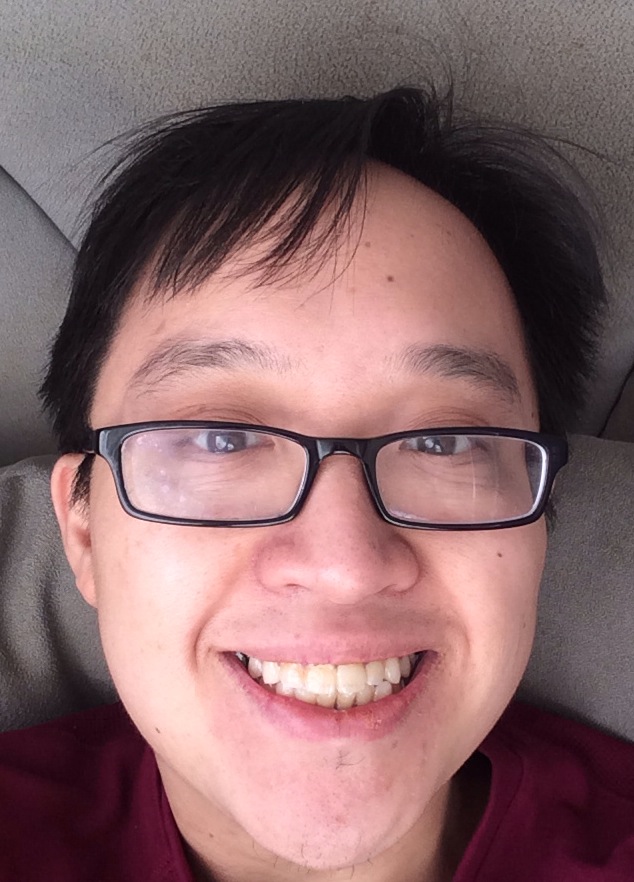Making an Impact
Math Teacher (and Student) David Lee Follows His Gut

Nowadays, a huge number of math enthusiasts with teaching degrees ultimately put their skills to use in trades like engineering or corporate management. Both paths are understandable. They provide a certain amount of fiscal comfort and presumed longevity. But if all our algebra and calculus experts are applying their knowledge in peripherally related fields, there’ll be fewer qualified individuals teaching basic sequential knowhow to the next generation of students.
Fortunately, there are folks like David Lee, who enrolled in Touro’s Graduate School of Education after completing his undergrad in Mathematics at Stony Brook University. For the Bronx native and current Forest Hills resident, his journey was all about readying himself for a future educating others, even if the fact that both his parents were teachers initially made him hesitant to follow their lead.
“I didn’t necessarily want to go into teaching because they did,” he admits. “So I decided to take a year or two to figure out what I really wanted to do.” That time off included earning a living in retail, but after that ended, he found work at a weekend school, overseeing 30-35 students. He reflects, “It was really enjoyable, and I knew from that experience that’s what I wanted to do.”
In fact, Lee was so certain that he began his student-teaching faster than most of his Touro classmates. That quickly led to a job supervising his own classes at Russell Sage Junior High School in Forest Hills, Queens, under an internship-certification program. He credits his principal Marilyn Grant for giving him the opportunity to teach after student teaching and is grateful to work at a school like Russell Sage, because while balancing that real-world experience while still finishing his studies might seem like a heavy burden, Lee instantly recognized how essential it would be to his advancement.
“One of the classes was a bit more remedial than the others,” he explains of his beginnings at Russel Sage. “They had behavioral issues, and I was a little hesitant the first time I taught them, because I wasn’t sure how they’d react. But I’m naturally pretty strict in the classroom, and after the first class or two, they settled down and were responsive…. But I know that experience is where I’m going to learn the most. A lot of people, when they first start teaching, they’re not going to have a lot of the honors classes. When I got my program for the next year, having more seniority in the math department, I knew I was going to have more advanced students, and I knew I was going to have to learn a lot from that [remedial] class to help me.”
Lee’s best advice for anyone considering a similar career objective is more philosophical than mathematical. It’s all about bearing with the growing pains and remembering, as they say, it’s always darkest before dawn. “I knew that it was going to be difficult,” he says. “And there are going to be days where it’s not good, and then there will be days where it’s good, but you’ve got to take the good with the bad…. But it’s something I really felt was important. I wanted to do something where I could change the world. I could have become an actuary. As a teacher, you have a really big impact on the world, because you’re helping hundreds of students every year. It’s something I feel is very important, especially now when there’s a lot of teachers who are going into it for the wrong reasons and a lot of teachers who, after they get tenure, just give up. I think that’s a shame, so I wanted to become a teacher and help. That’s why I wanted to do it.”

